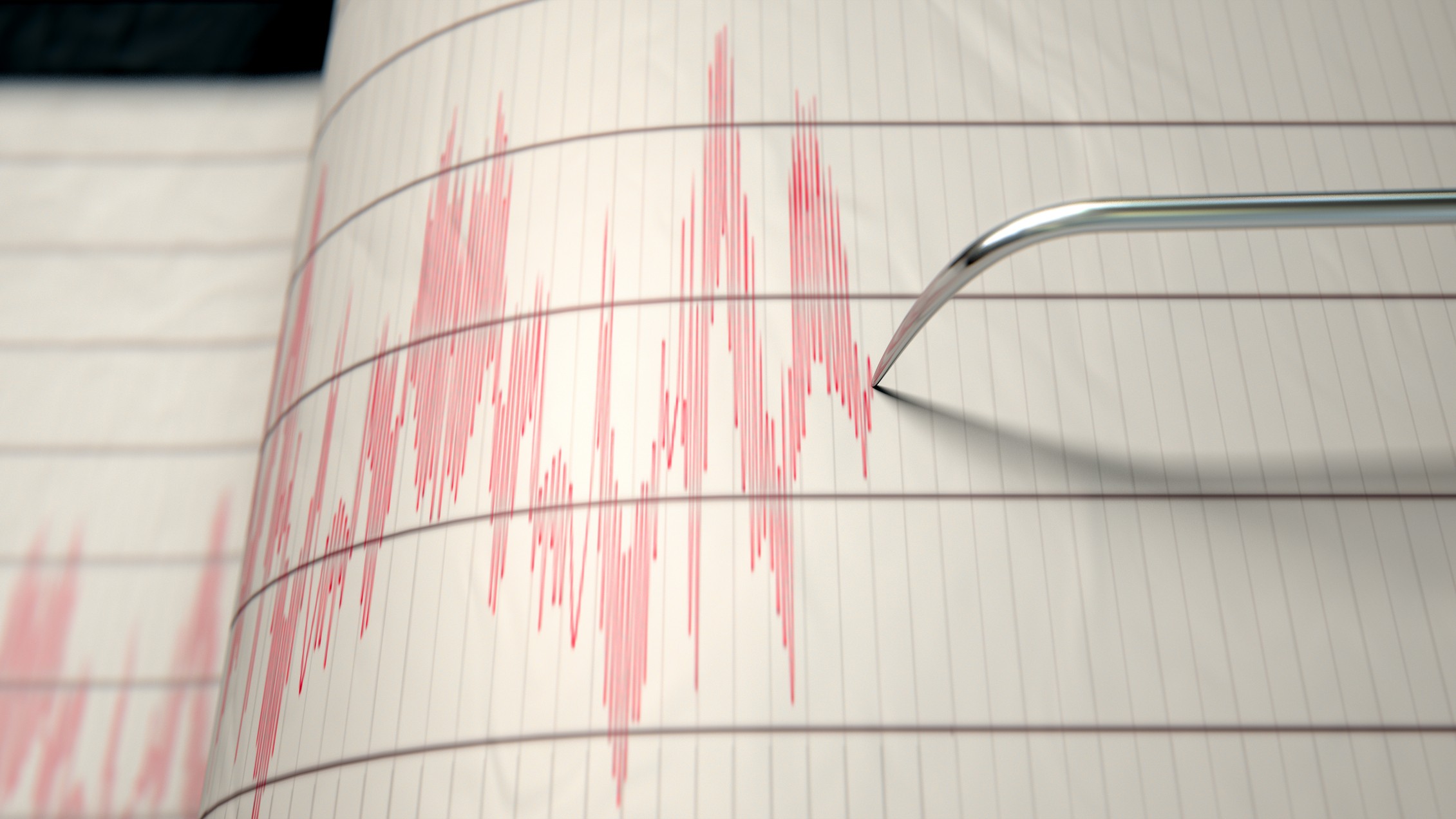The defense in the Michelle Troconis trial completed day 2 of testimony in the trial of Michelle Troconis.
On Thursday, their testimony centered largely around memory and memory loss from a leading expert on the topic, Elizabeth Loftus.
Her main point - memory can be impacted by factors and circumstances leading up to the memory being made, and circumstances around recalling that memory.
Loftus spent a good amount of time during direct testimony explaining to jurors there is an alternate theory besides Michelle Troconis simply lying to investigators like prosecutors allege.
Get top local stories in Connecticut delivered to you every morning. Sign up for NBC Connecticut's News Headlines newsletter.
“Memory doesn’t work like a recording device, we don’t just see it and record it,” Loftus said.
She first walked the jury through her extensive research and her knowledge of human memory. The defense argued the science behind memory, explains Troconis’ inconsistencies in her interviews and the additional details provided as interviews occurred.
“Police introduce information into those interviews that is new info or misinformation and it’s a setting ripe for contamination of memory,” Loftus said.
She testified the inserting of details by police investigators or presenting of false information by investigators, can create memories a person would later believe to be true.
Outside court, Jon Schoenhorn made clear his reason for bringing in Loftus, “The science as we are presenting here, there is an alternative narrative theory to what the prosecution is trying to claim.”
Prosecutors allege Troconis lied to investigators during her interviews. During cross examination of Loftus, the state pushed back that Troconis’ memory couldn’t have been impacted by police investigators, because the extra details she continued to provide in interviews, weren’t mentioned by police at any point.
“Did police suggest to her, she had been with Mr. Dulos in the house?” asked Assistant States Attorney Sean McGuinness, “No," Loftus replied.
During cross examination, McGuinness also cited other examples of details investigators never mentioned including a coffee cup and coffee spill, and intimate moments between her and Fotis.
The state pushed the professor on her credibility and potential sympathy for defendants. Citing her extensive testimony and consultation on behalf of defense council, in high profile trials such as OJ Simpson, Timothy McVeigh and Harvey Weinstein, among others. It's a line of questioning she said she's used to, but she believes it’s unfounded.
“I think it is an unfair thing to try to link the current accused, Michelle, with these people who are unpopular,” Loftus said.
Others took the stand for quick testimony as well, including the State Police detective that interviewed Pawel Gumienny, a neighbor to Fotis Dulos and a realtor that worked with Fotis.
The afternoon testimony that consumed the most time was attorney Michael Rose, who represented Fotis Dulos from January until May 2019 when Fotis was locked in the custody battle with Jennifer for the five Dulos children.
He testified about Fotis Dulos’ demeanor following their review of a custody report from spring of 2019, that the defense argues negates his motive to murder Jennifer.
“He was very happy, with what was there, pleased you could tell, he just seemed relieved and more optimistic than I had seen him in a while,” Rose said.
The judge indicated the defense is expected to rest their case on Friday.



